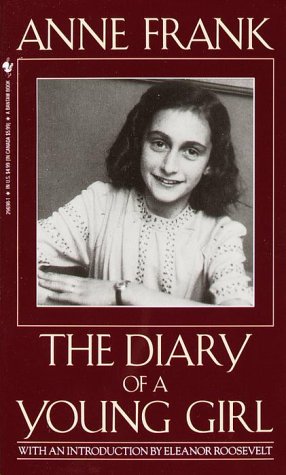 Anne Frank lived during a time of intense discrimination. In this unit you will explore what life was like during World War II for some people, and how the lessons learned still apply today.
Anne Frank lived during a time of intense discrimination. In this unit you will explore what life was like during World War II for some people, and how the lessons learned still apply today.Choose one of the following to get from your teacher:
Novel - Digital Copy (PDF, ePub)
Audiobook - MP3
Start To Finish Book - CD
